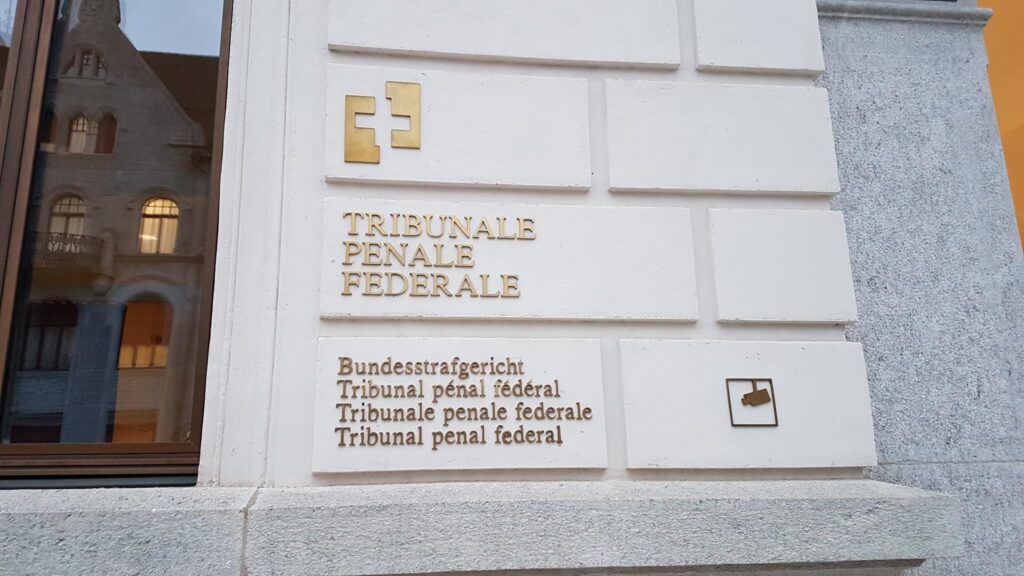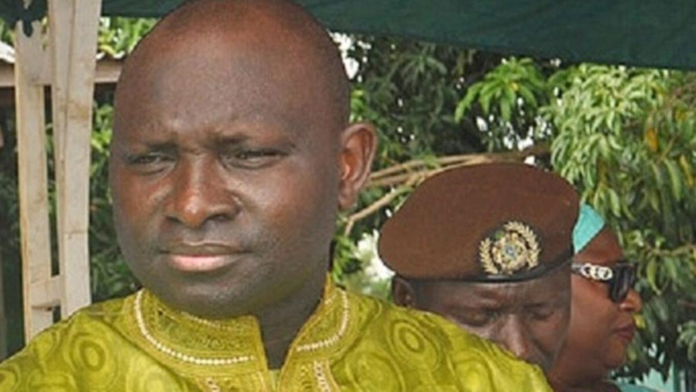
9th January 2024 13:54
Day 2: All rise!
The proceedings resumed at 1 PM sharp with the Court’s reading of its decision on the preliminary questions discussed during the first day.
The Court announced that the ruling will not be translated into English.
On the arguments made by the defense against the indictment, it was ruled that the amendment made after the filing of the indictment before the Court was undertaken in compliance with the law and is hence valid. As a result, the trial will be based on the extended and amended indictment.
More importantly, the Court ruled that the legal criteria leading to its jurisdiction are, a priori, met but that this question can only be fully answered with the examination of the substance of the cause: were crimes against humanity committed in The Gambia during the considered period of time? Once the broader context regarding crimes against humanity is set by examining all the evidence and evidence material, the Court will then consider the parties’ arguments and case law to decide on its jurisdiction, as well as on the statute of limitations.
The Court then examined the numerous claims made by the defense regarding the alleged violation of procedural rules during the course of the investigation led by the federal Prosecutor. It was ruled that the evidence gathered had been collected in compliance with the law and was well documented. As a result, the casefile remains as it is.
Regarding the translation of the proceedings, the Court recalls German has been the procedural language since the beginning and that the law does not provide for proceedings to take place in English as this is not an official national language. Thus, it will stick to its previous decision and not provide interpretation for parts of the trial that it considers not essential for the parties to understand.
Consequently, the trial will proceed, and the Court will examine Ousman Sonko’s criminal responsibility over all the charges brought against him, including facts that took place from 2000 onwards (murder of Almamo Manneh) and repeated sexual violence acts committed on his widow, as well as acts of torture committed in 2006 on persons who had been suspected of a coup in March 2006. The Court will also examine Ousman Sonko’s criminal responsibility over the detention conditions imposed on the plaintiffs arrested in April 2016 as inhumane treatment within the frame of crimes against humanity.
Upcoming next: hearing of the parties.


